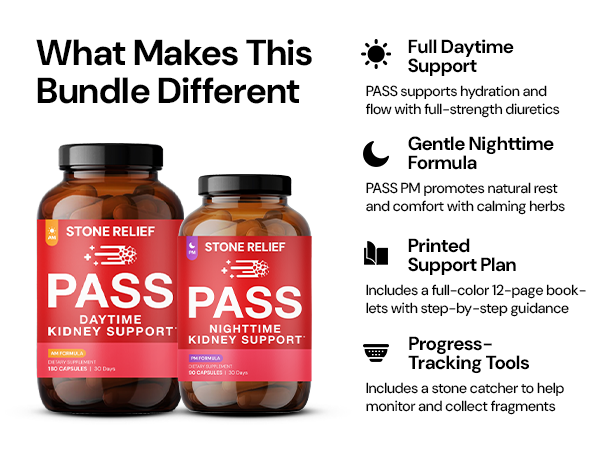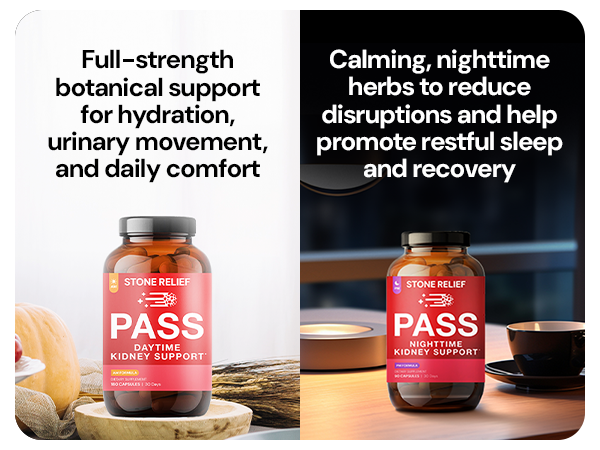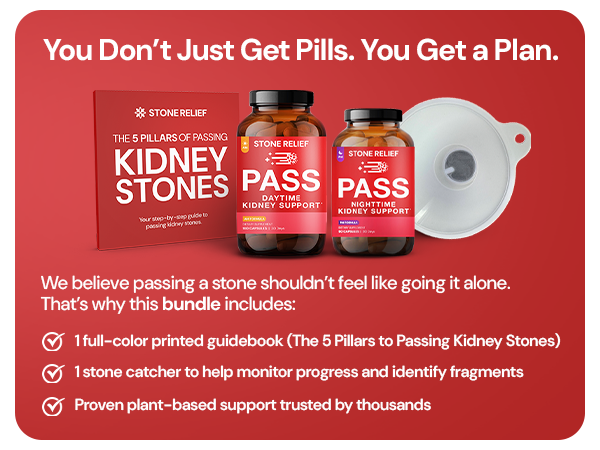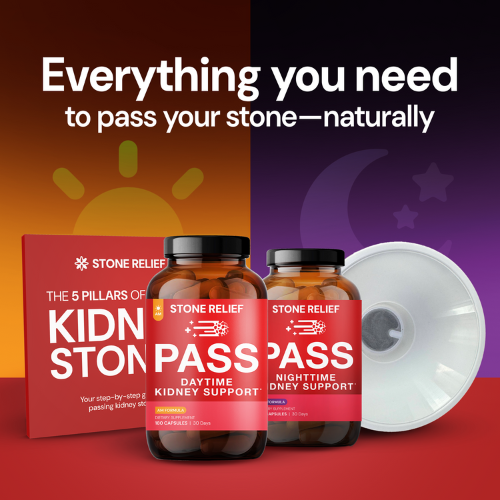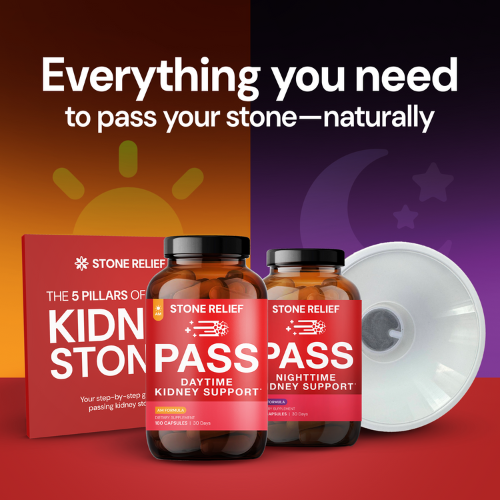How Kidney Stones Impact Your GFR Over Time
Kidney stones don’t just cause pain—they slowly chip away at your kidney function too. In this blog, I explain how kidney stones impact your GFR (glomerular filtration rate) and why ignoring them can cause serious long-term damage. I’ll also show you what you need to do to protect your kidneys and your future health.
Key Takeaways
-
GFR measures how well your kidneys are filtering your blood.
-
Recurrent kidney stones cause inflammation, scarring, and kidney damage.
-
GFR declines almost three times faster in people with kidney stones.
-
Ignoring kidney stones can lead to serious kidney problems over time.
When we talk about kidney health, the most important measure we use is the glomerular filtration rate, or GFR.
GFR measures how much blood is being filtered by the glomeruli—the tiny filtering units in your kidneys—every minute.
It’s calculated using a complicated formula and reported in milliliters per minute per 1.73 meters squared.
The 1.73 meters squared is a standard surface area used to normalize measurements for the "average" body size.
If your GFR is over 90, that’s considered normal. But if it drops below that, it’s a sign that your kidneys aren’t working the way they should.
Your GFR can either be measured directly—which involves injecting a substance into your bloodstream and tracking it—or estimated using a blood test called creatinine.
Creatinine is a waste product made by your muscles, and it helps give doctors a rough idea of how well your kidneys are working.
You’ll usually see this on your bloodwork as eGFR (estimated GFR).
Now that we understand what GFR is, let’s talk about how kidney stones mess with it.
🛒 Check Price & Purchase Stone Relief Pass AM/PM Bundle on Amazon
How Kidney Stones Damage Your GFR
If you suffer from recurrent kidney stones, your kidneys are taking a bigger hit than you might think.
Even though stones seem like isolated events, they leave behind damage every time they show up.
Here’s what’s happening inside your kidneys:
-
Inflammation: When your body detects a kidney stone, it triggers an immune response. White blood cells rush to the area, causing inflammation and swelling.
-
Scarring: Over time, the delicate tubules in your kidneys develop scar tissue. This reduces your kidneys' ability to filter blood effectively.
-
Hydronephrosis: This is a fancy term for when urine backs up into your kidneys because a stone is blocking the flow.
-
Kidney Stretching: Severe cases of hydronephrosis can damage kidney tissue within just a few hours.
Even if your kidney recovers somewhat after a stone passes, it doesn’t always bounce back completely.
Recovery takes months, sometimes over a year, and many people form new stones before full healing ever happens.

The Alarming Impact of Kidney Stones on Long-Term GFR
Recent studies have looked at what happens to GFR over an 8-year period in people with and without kidney stones.
The results are shocking.
In healthy people:
-
GFR declines by about 1.07 milliliters per minute per year (normal aging).
In people with recurrent kidney stones:
-
GFR declines by about 2.83 milliliters per minute per year—almost three times faster!
That’s a huge difference.
It means that if you’re getting kidney stones every year and ignoring them, you’re accelerating your kidneys’ decline dramatically.
And here’s the scary part:
Most people forming stones are young, often in their 20s and 30s.
What happens when they hit their 40s or 50s? Dialysis and major kidney failure become real possibilities.
🛒 Check Price & Purchase Stone Relief Pass AM/PM Bundle on Amazon
If You Ignore Kidney Stones, You Risk Your Future Health
Too many people treat their kidney stones like isolated accidents.
They pass a stone, breathe a sigh of relief, and go back to life as normal—until the next one strikes.
But every stone you form, every painful episode you endure, is causing damage.
And that damage is stacking up over time.
If you don’t fix the root cause of your stones—through diet, lifestyle, and targeted prevention—you’re setting yourself up for a future filled with hospital visits, surgeries, and even dialysis.
Protect Your Kidneys Starting Today
Here’s the truth:
You have the power to stop this.
By making changes now, you can preserve your kidney function for decades to come.
Waiting until the damage is already done is a recipe for regret.
I always say, begin with the end in mind.
If you want healthy kidneys when you're 60, 70, or 80 years old, you have to make changes today.
If you’re serious about protecting your kidneys and putting an end to kidney stones once and for all, visit our website to learn more.
We’re here to help you take control of your kidney health before it’s too late.
🛒 Check Price & Purchase Stone Relief Pass AM/PM Bundle on Amazon

